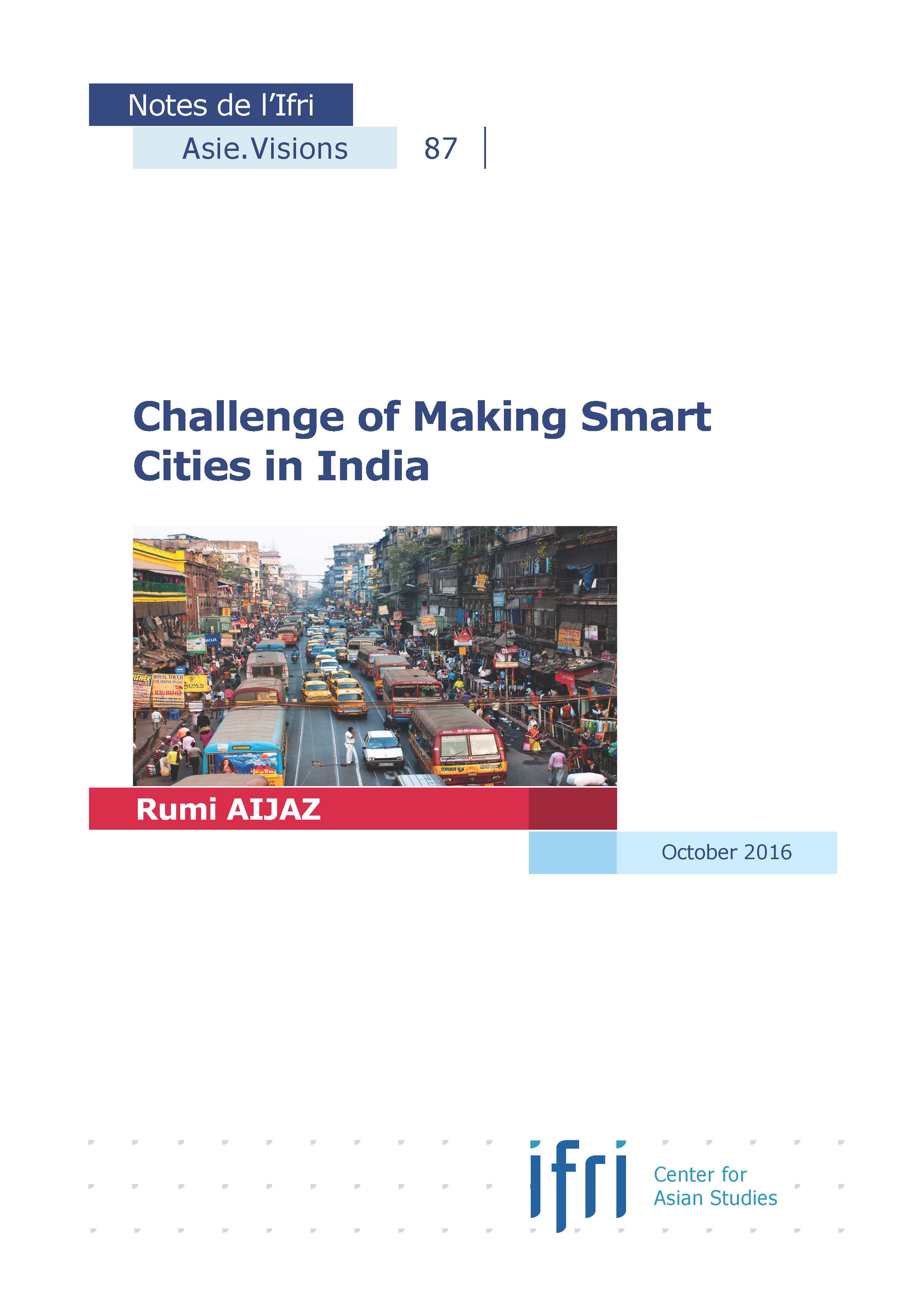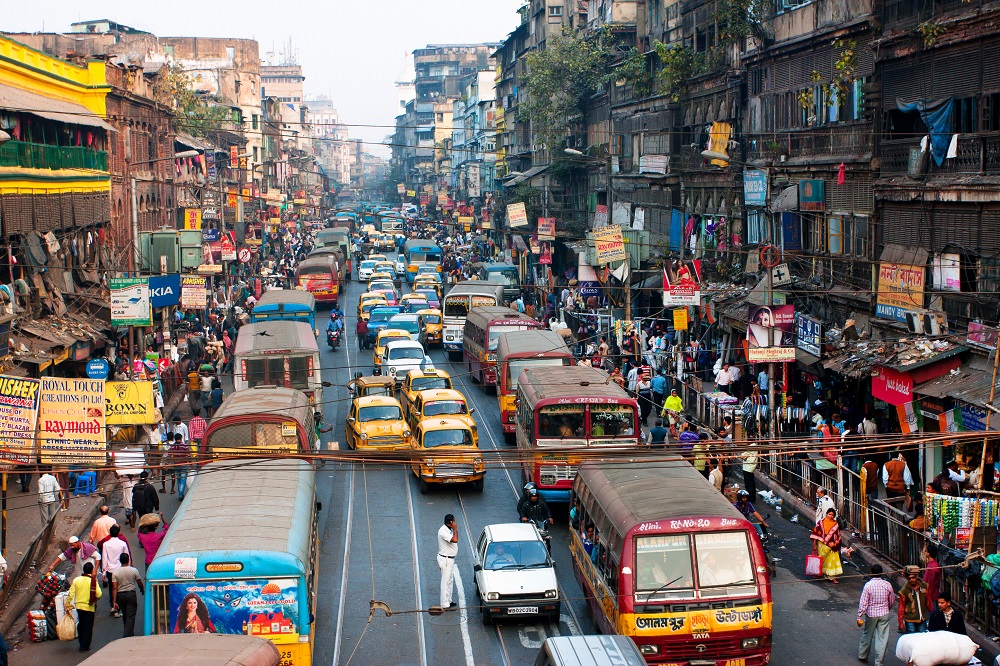Challenge of Making Smart Cities in India

The Indian government has launched the Smart Cities Mission in June 2015 with the aim of providing a better quality of life to the citizens in 100 cities of the country. This paper describes the main features of the Mission and attempts to explain the challenges in the way forward.

The information provided in the paper is presented in six sections.
Section one highlights the unique characteristics of India’s cities and establishes the need for better urban management. The second section describes five negative effects of urbanization to which sufficient attention has not been paid. These include informal growth in peri-urban areas, escalating water crisis, social exclusion, extension of slums, and mismanagement of solid waste. In the next section, the impact of past urban reform initiatives is discussed and attention is drawn to the difficulties being faced in overcoming some enduring challenges. Section four provides detailed information about India’s Smart Cities Mission including the process followed in the selection of cities, the plan preparation and implementation strategy. Then, an assessment of the relevance and soundness of the Mission is proposed in the fifth section.
In the concluding section, a list of propositions is put forward for the successful achievement of the Mission goals. It is emphasized that civic institutions should correctly understand a city’s social, economic and physical requirements and its diversity, and respond accordingly. At the same time, citizens should show a greater sense of civic responsibility.

Available in:
Regions and themes
Share
Download the full analysis
This page contains only a summary of our work. If you would like to have access to all the information from our research on the subject, you can download the full version in PDF format.
Challenge of Making Smart Cities in India
Related centers and programs
Discover our other research centers and programsFind out more
Discover all our analyses
China’s Strategy Toward Pacific Island countries: Countering Taiwan and Western Influence
Over the past decade, China has deployed a diplomatic strategy toward the Pacific Island Countries (PICs). This strategy pursues two main objectives: countering Taiwan's diplomatic influence in the region and countering the influence of liberal democracies in what Beijing refers to as the "Global South."

Opening up the G7 to South Korea to Address Contemporary Global Challenges
The G7’s global influence has diminished as powers like China reshape international governance through initiatives such as BRICS and the Shanghai Cooperation Organisation (SCO). With the G7 now representing just 10 per cent of the world’s population and 28 per cent of global GDP, its relevance is increasingly questioned.
Expanding SPDMM as a pivotal institution in the Pacific – A French perspective
The South Pacific Defence Ministers’ Meeting (SPDMM) is the only forum that brings together defense ministers from the wider South Pacific — including Chile, which is hosting it for the first time. This heterogeneous group of countries with varying resources, capacities, and interests — Australia, Chile, Fiji, France, New Zealand, Papua New Guinea (PNG), and Tonga — are united by their shared determination to strengthen cooperation on maritime security and humanitarian assistance and disaster relief (HADR) activities.
EU’s Derisking From China: A Daunting Task
With economic security as a major concern, the EU has recently turned to “derisking” from China. The EU strategy entails reducing critical dependencies and vulnerabilities, including in EU supply chains, and diversifying where necessary, while recognizing the importance and need to maintain open channels of communication.







